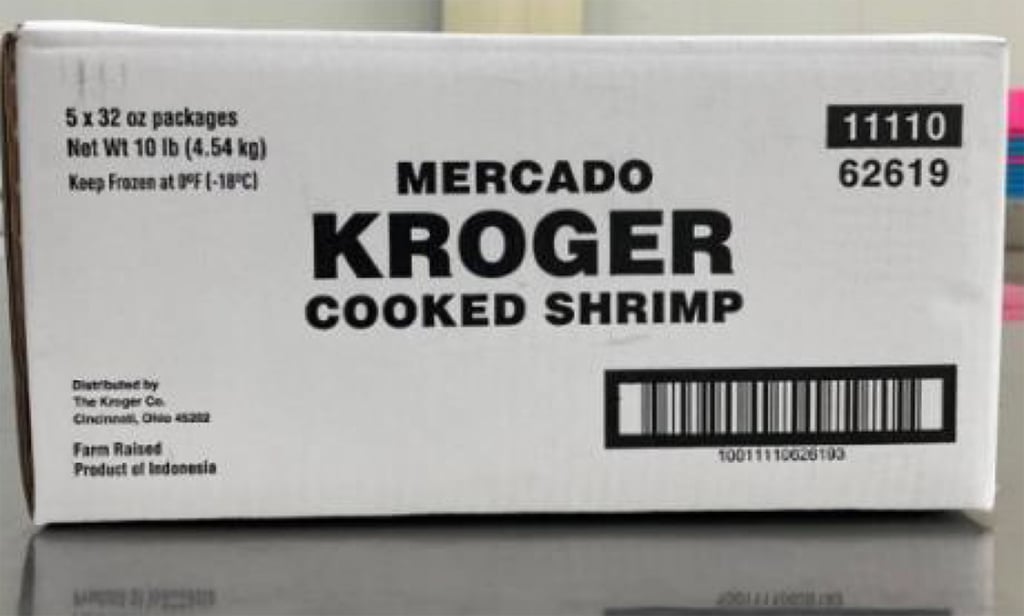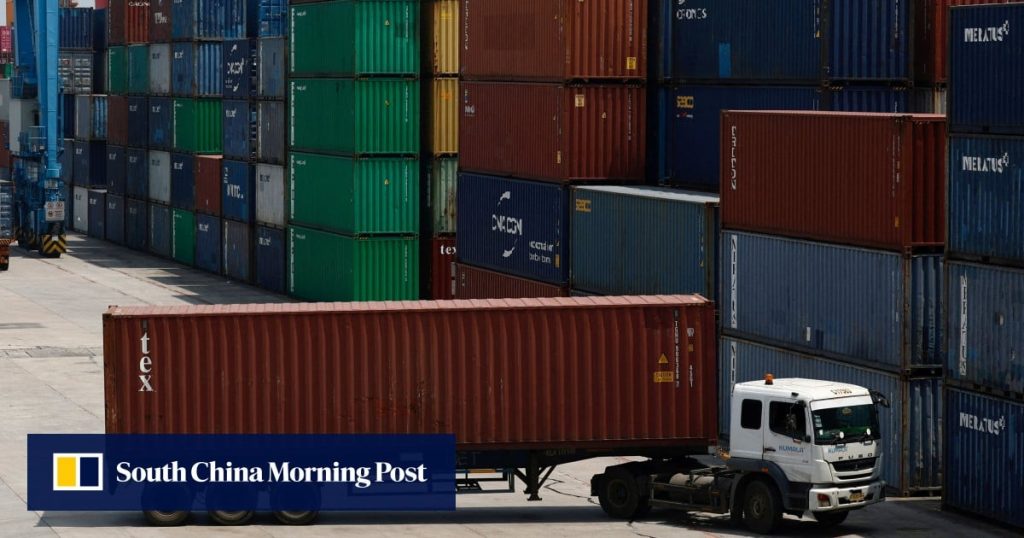The US Food and Drug Administration (FDA) first detected the radioactive isotope in frozen shrimp in August, followed by a second detection in cloves in late September. While both samples were below the agency’s safety threshold, they triggered regulatory alerts and raised concerns about possible environmental contamination at the source.
In response, the Indonesian government has rolled out health checks, tightened port inspections and placed an entire industrial estate under special oversight, as officials scramble to reassure buyers that the country’s seafood and spice exports remain safe.

Investigators believe the contamination originated from imported scrap metal containing caesium-137, which entered the domestic supply chain through a stainless steel smelter operated by PT Peter Metal Technology in Cikande, Banten province. The facility has been shut down and declared the local source of contamination.
In a press release published on Tuesday, the environment ministry said it had designated the Modern Cikande Industrial Estate a “special incident of caesium-137 radiation pollution”, handing control of the area to a multi-agency task force.
It said the task force had identified 10 radiation hotspots, two of which had already been decontaminated. Radioactive material from those sites had been moved to PT Peter Metal Technology’s warehouse, which had since been sealed. Radiation portal monitors were also deployed at the estate’s gates on Wednesday to ensure that no contaminated goods or personnel could leave the area unchecked.
Security has been ramped up, with police and radiation safety officials cordoning off affected zones, erecting warning signs and using portable detectors to monitor for exposure. The full clean-up and remediation of the site is expected to take several months, though officials say the situation has stabilised.


